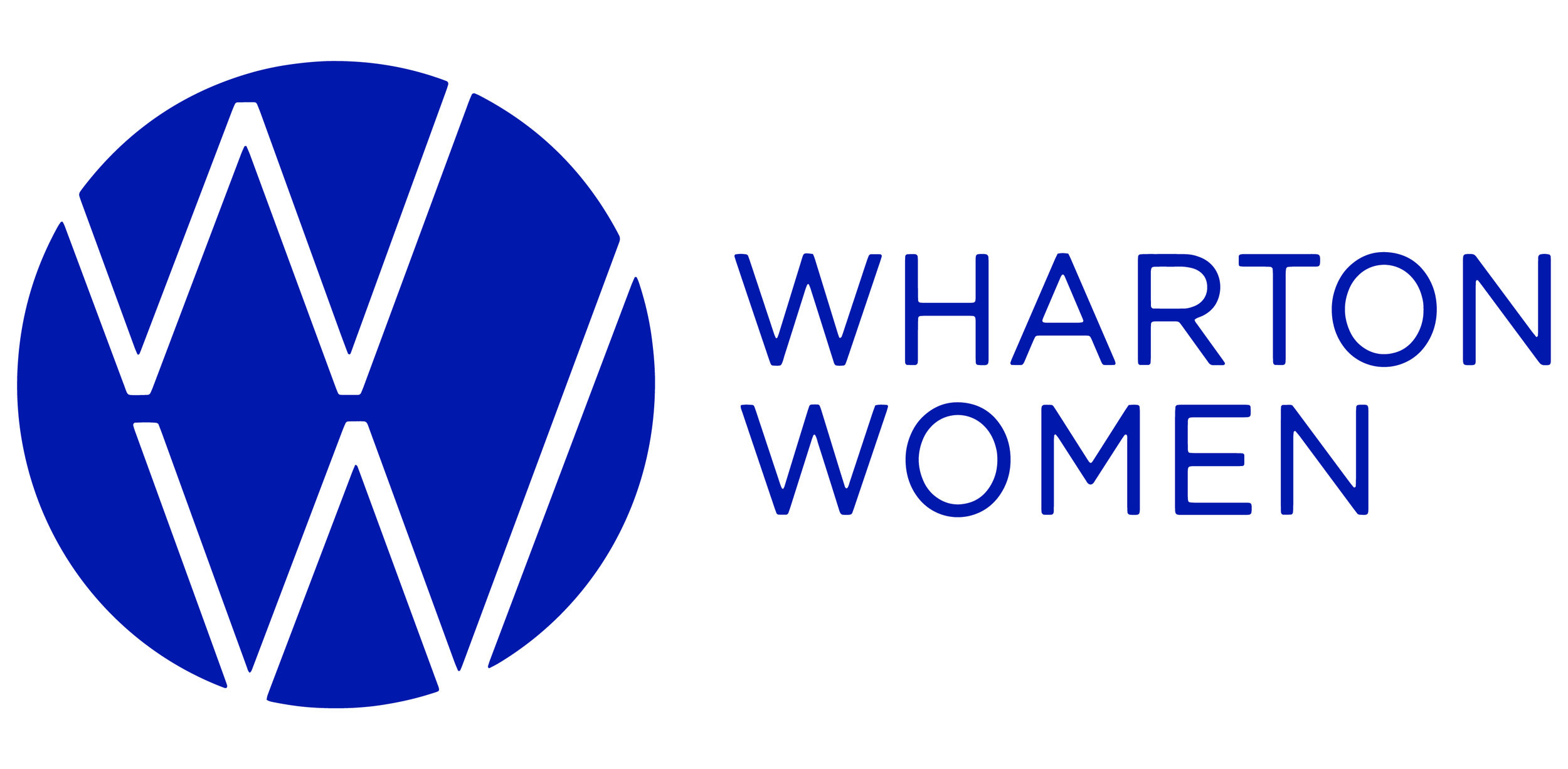Breaking Down the Election Cycle: A Wharton Women Perspective
Written by Anjali Shah (C ‘28)
As the upcoming election approaches, it’s essential to consider how the outcome could impact women in business across the nation. From proposed policies on pay equity to family leave, healthcare, and entrepreneurship support, the decisions made at the ballot box have the potential to shape the professional landscape for women for years to come. At Wharton Women, we are committed to empowering future female leaders, and understanding the political shifts that could affect us is crucial. This election is not just about candidates, but the policies that will drive progress—or create new challenges—for women in business. Let’s dive into some of the key issues at stake.
Wage Gap and Pay Equity - While the gender pay gap has narrowed over the past decades, women still earn approximately 84% of what men earn on average. The disparity is larger for women of color. In business, the gap tends to widen at higher levels of leadership.
Workplace Harassment and Discrimination - Workplace harassment and gender discrimination remain barriers to women advancing in business leadership roles. A report by Lean In and McKinsey found that women, especially women of color, are less likely to be promoted to managerial positions.
Childcare Costs - High childcare costs disproportionately impact women in business, particularly in early and mid-career stages. The U.S. Treasury reports that childcare consumes 13% of family income, leading many women to choose part-time work or step back from leadership roles to balance work and family.
Support for Small Businesses - Women, particularly women of color, face challenges in securing business funding. In 2023, women-owned businesses received less than 3% of total venture capital, according to PitchBook.
Healthcare accessibility - Women’s access to reproductive healthcare, including abortion and contraception, can influence their ability to participate fully in the workforce.
Parental Leave - Limited access to paid family leave impacts women, especially small business owners and leaders. The U.S. lacks a federally mandated paid parental leave program, forcing working women to choose between family time and career growth.
Tax Structures for Women-Owned Businesses Tax structures can disproportionately affect women, especially those running small businesses or balancing caregiving responsibilities. The complexity of tax regulations and limited deductions for caregiving-related expenses can impact women’s financial decisions.
As a Wharton Women community, it is essential that we inform ourselves of the paramount issues in order to make informed voting decisions during this election cycle. Actively participating in the democratic process allows women in business to be heard and each of us a voice and platform to contribute to a future where women in business will thrive.
